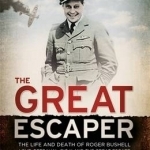
The Great Escaper: The Life and Death of Roger Bushell - Love, Betrayal, Big x and the Great Escape
Book
Roger Bushell was 'Big X', mastermind of the mass breakout from Stalag Luft III in March 1944,...
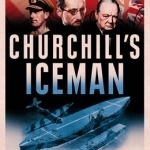
Churchill's Iceman: The True Story of Geoffrey Pyke: Genius, Fugitive, Spy
Book
There is no reason why you should have heard of Geoffrey Pyke. After his suicide in 1948 he was...
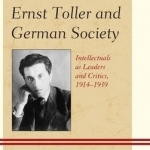
Ernst Toller and German Society: Intellectuals as Leaders and Critics, 1914-1939
Book
During the years of Weimar and the Third Reich, Toller was one of the more active of the "other...

Conversations with Amelia
Book
1951. More than anything eleven-year-old Hannah Heywood wants to attend a “normal” school. She...
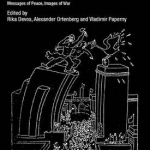
Architecture of Great Expositions 1937-1959: Messages of Peace, Images of War
Rika Devos, Alexander Ortenberg, Vladimir Paperny and Eamonn Canniffe
Book
This book investigates architecture as a form of diplomacy in the context of the Second World War at...
Expressionism
Book
Anxious angles: The pioneers and masterworks of -degenerate- ExpressionismGerman Expressionists were...

Arendt and America
Book
German political philosopher Hannah Arendt (1906-75) fled from the Nazis to New York in 1941, and...
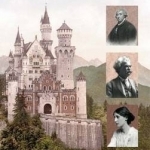
Germany: Beyond the Enchanted Forest: A Literary Anthology
Book
'German military figures had a certain terrifying glamour,' wrote Patrick Leigh Fermor, recalling...

Vienna: A Cultural and Literary History
Book
From border garrison of the Roman Empire to magnificent Baroque seat of the Habsburgs, Vienna's...
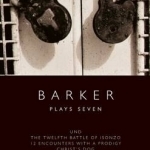
Barker: Plays Seven
Book
"Und, a play for one woman and six trays, is a moving study of dignity and self-delusion. When a...
